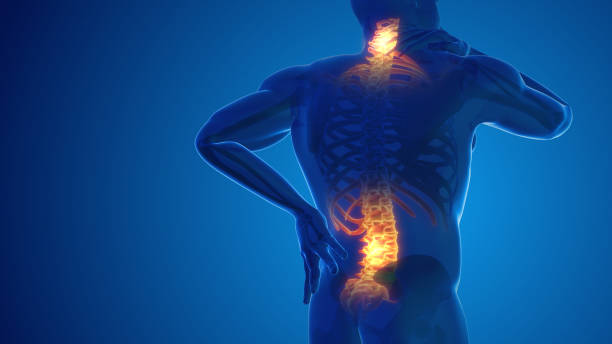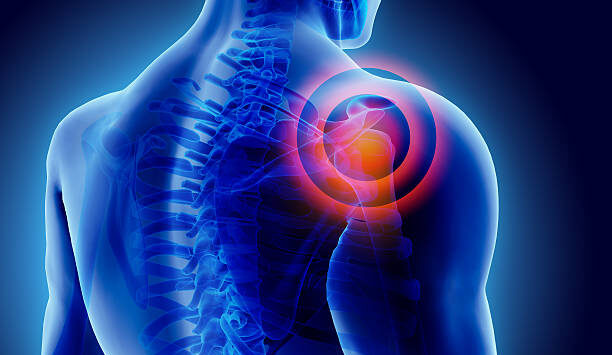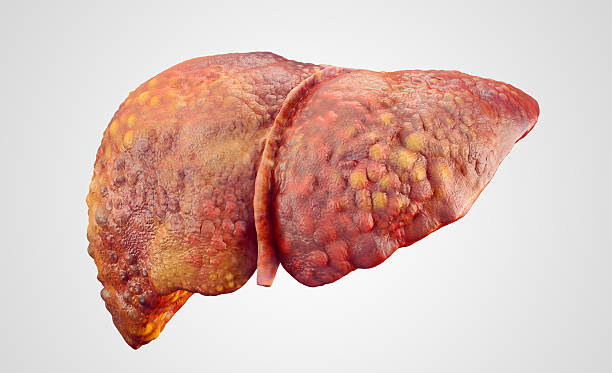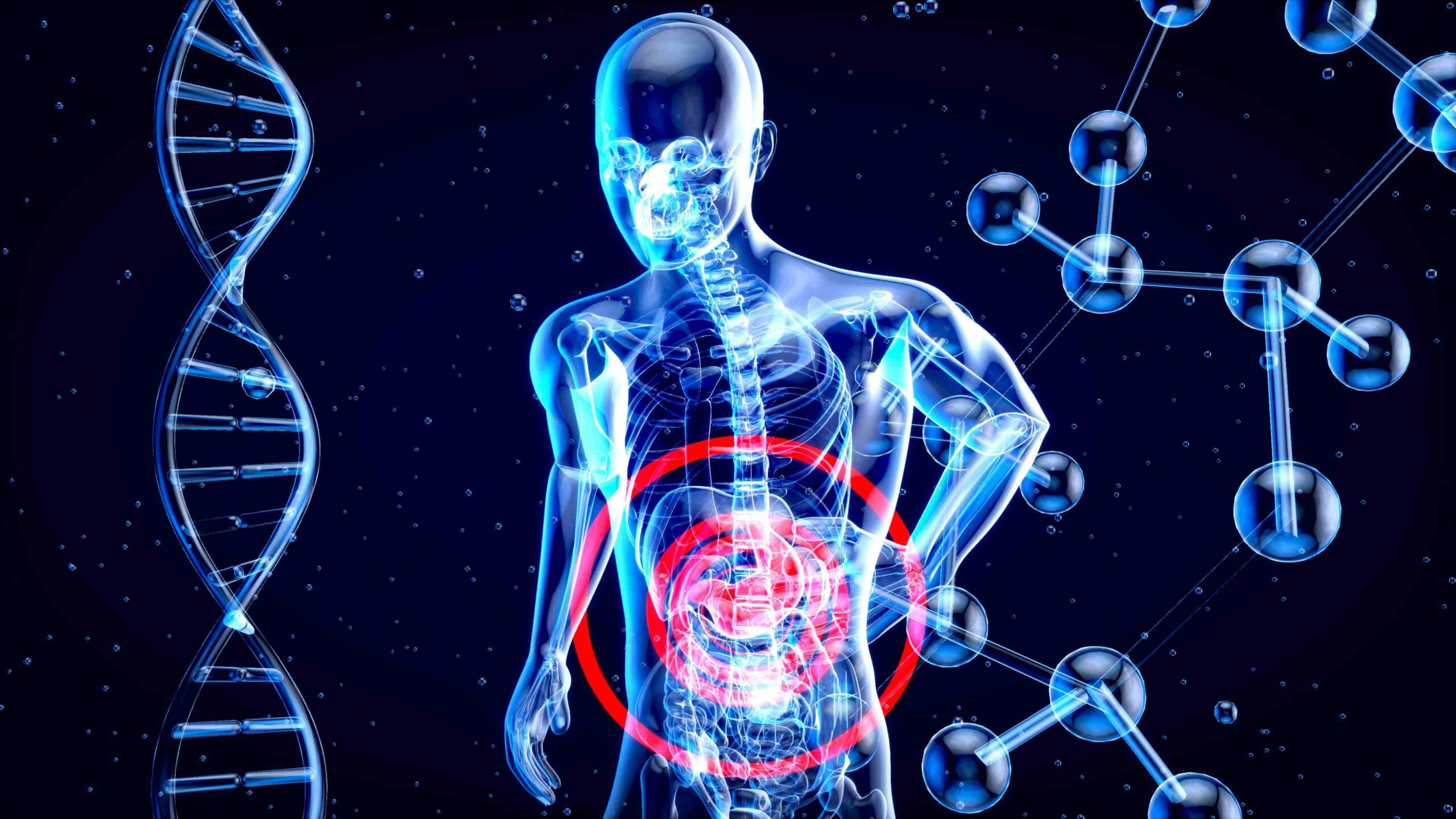So today, I want to talk about the relationship between your mood and your food. There’s a huge relationship. The problem is that you never, ever, ever want to treat a symptom directly without understanding the underlying cause. And that’s the problem with medicine: they treat all the symptoms. If you get depression, they’re going to treat it. They don’t ask why. Anxiety? It’s a treatment. There’s a lot of pills. There’s no profit in curing these issues; it’s all about managing symptoms. In fact, when you treat the symptom or diagnose incorrectly, you make the patient worse.
What is meant by Mood and Your Food

I’ll give an example. I had a patient who was depressed, and I asked, “When were you depressed?” She replied, “When I was diagnosed.” I started questioning more stuff and found out she wasn’t depressed; she was just exhausted. She realized she didn’t sleep well and felt better after understanding the underlying cause.
Let’s talk about the factors affecting your mood and your food you eat.
Nutrition
You hear the concept, “An apple a day keeps the doctor away.” That might have been true in 1965, but not now. It takes six apples a day to keep the doctor away. Soils are so bad right now that you need much more food to achieve the same nutrient levels. In Europe or Africa, the food has higher nutritional factors, which is why they have better teeth and bone structure. In America, the food is empty, so you need to eat even healthier.
Take potassium, for example. It’s one of the most important minerals for a relaxed body. Potassium calms the nervous system. You might eat a banana a day, but that’s only 400 milligrams. You need 4700 milligrams, which equates to about seven to ten cups of vegetables or salad daily. How many cups of vegetables are you eating every day?
Also Read About Debunking the Cruciferous Vegetable and Thyroid Myth 2024
Potassium is important to calm the heart rate. If your potassium is low, your pulse rate will be high, making it hard to relax. It’s also crucial for stabilizing blood sugars. B vitamins, especially B1, are used up when you’re stressed. When depleted, you become more anxious. The best source of B vitamins is nutritional yeast. Take a teaspoon in plain yogurt. These vitamins calm you down, help you sleep, and prevent nightmares.
Calcium is essential for relaxation and stress reduction. When stressed, you deplete calcium. The best sources are cheese or plain yogurt. Omega-3 fatty acids are important for cognitive function, especially for children. Get a high-quality fish oil. Smell it to ensure it’s not rancid.

Iodine
Iodine is crucial, especially for pregnant women and children. It supports the thyroid, which helps cognitive function. Iodine deficiencies can lead to mental retardation. Get iodine from sea kelp.
Blood Sugar
Blood sugar levels are crucial for cognitive function. If too high, you get brain fog and memory loss. If too low, you get irritable and edgy. A protein breakfast stabilizes blood sugar. Avoid sugar; it spikes and crashes your blood sugar. Seven cups of salad help stabilize blood sugar, especially for diabetics.
Hormones
Hormones influence your brain. Serotonin is a pleasure hormone. Psych drugs recycle the last drop of serotonin, leading to deficiencies over time. Build up serotonin with a good diet. Cortisol, the stress hormone, causes anxiety and worry. Improve cortisol levels through walking, acupressure, good diet, and avoiding stress.
PMS and Thyroid
PMS can affect mood. Support the ovary. Thyroid issues can cause depression and apathy. Support hormones through nutrition.
Sleep
Without sleep, you face anxiety, worry, and stress. Sleep rejuvenates and recharges the body. Lack of sleep leads to mood issues. Ensure you get eight hours of sleep, especially under stress.
Take a look at the relationship between your mood and the physical part of your body, not just the mental aspect. If you have mood problems, consider nutrition, blood sugars, glandular imbalance, and sleep. Never treat a symptom; find the root cause.
Click here to get Traveling Tips








